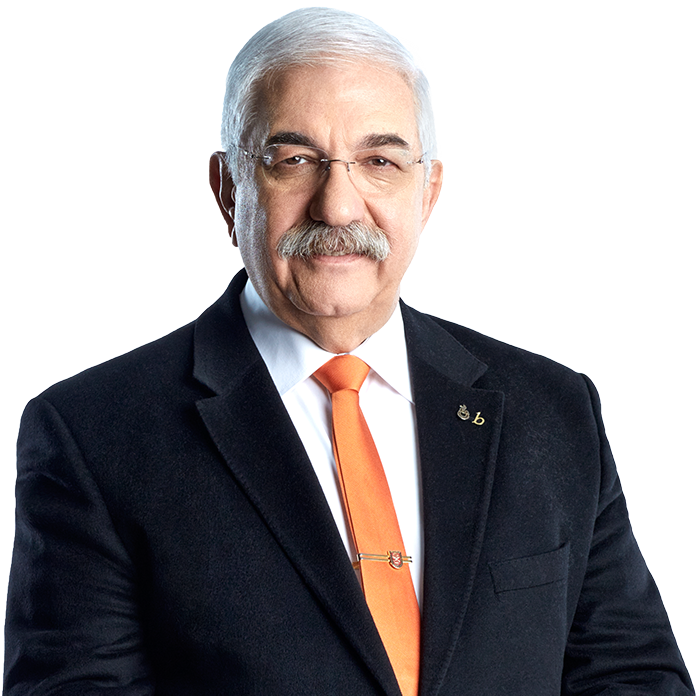John Bass, the U.S. Ambassador to Turkey whose term has ended, delivered harsh parting statements. The ambassador made claims about the Turkish employee of the U.S. Consulate in Istanbul who was arrested on charges of intensive discussions with Fetullah Terrorist Organization (FETÖ)-linked security and judiciary staff, saying that it seems like "revenge rather than justice," and adding, "I am deeply disturbed that some people in the Turkish government prefer to take this path…”
As soon as I read the news, the thoughts and connotations in my mind reminded me of a column I wrote in 2011. Taking into account the low probability that you read the article I wrote on Nov. 9, 2011 with the headline "U.S.’s destiny depends on Istanbul,” and thinking that it holds true today with all of its sentences, I am quoting it:
“U.S.’s destiny depends on Istanbul”
The late Halit Refiğ chose this assertive sentence as the title of an article in the NPQ Türkiye magazine, published under the main theme of “Anti-Americanism,” in mid-2003. This is the news that caused me to recall Refiğ’s article:
The University of Colombia has opened, which has opened Global Centers in cities like Beijing, Paris, and Mumbai, has now opened one in Istanbul. Rector Lee C. Bollinger came to Istanbul for this opening and had a very interesting interview with Hürriyet’s Gila Benmayor.
Bollinger says that those who want to understand globalization need to look at Turkey and that no parts in the world are as interesting as Turkey. “Our country is located at the point where power is sliding to the East from the West and where the change is taking place.” (Refiğ both said and wrote this years ago.) Bollinger continued, “I can say that Istanbul is a ‘capital’ in which Russia, Eastern European countries and the Caucasus can easily watch what happens in the Middle Eastern and Arab countries and the developments in Africa. Likewise, Beijing is the capital of that region.”
While we had not yet started discussing the “post-American world” and post-globalization in 2003, Refiğ “went too far” foreseeing that the role of global sovereignty was passing through Istanbul. While making this remark, he looked to the date when Turks seized Istanbul and added, “When American history is carefully examined, Istanbul’s striking role on the destiny of this country can be seen. After the Ottomans conquered Istanbul in 1453, their sovereignty spread to the three known continents and they had the opportunity to become the most powerful state of that era. Apart from Alexander's conquests that were limited to his life, Roma was the only other empire that spread its sovereignty to three continents before the Ottomans.”
Through the statements of the reverend rector, it is time to remind our “foreign Turkish” friends, with whom we constantly clash about understanding Turkey, that this great metropolis became the center of the ancient world when the Roman Empire made the city their capital after Rome.
Refiğ sheds light on Istanbul’s history beginning from the Roman Empire to becoming a center of balance between powers in the bipolar era and to the post-9/11 era until early 2003 when he wrote the article.
Refiğ’s thought-provoking thesis says that the U.S. eyes Istanbul with the aim of controlling the world’s energy resources, trade routes and especially Eurasia. Refiğ’s other articles in the same magazine in 2008 indicate that the U.S., which lost its power in post-American world conditions, would change its policy on Turkey and would prefer reconciliation rather than conflict.
The Colombia University rector is quite right. That is all water under the bridge now, but places have not changed. I understand the U.S. ambassador. Their strategy to achieve their interests requires such statements. The only thing that has changed over time, and that they can never accept, is Turkey’s national independence strategies.




















